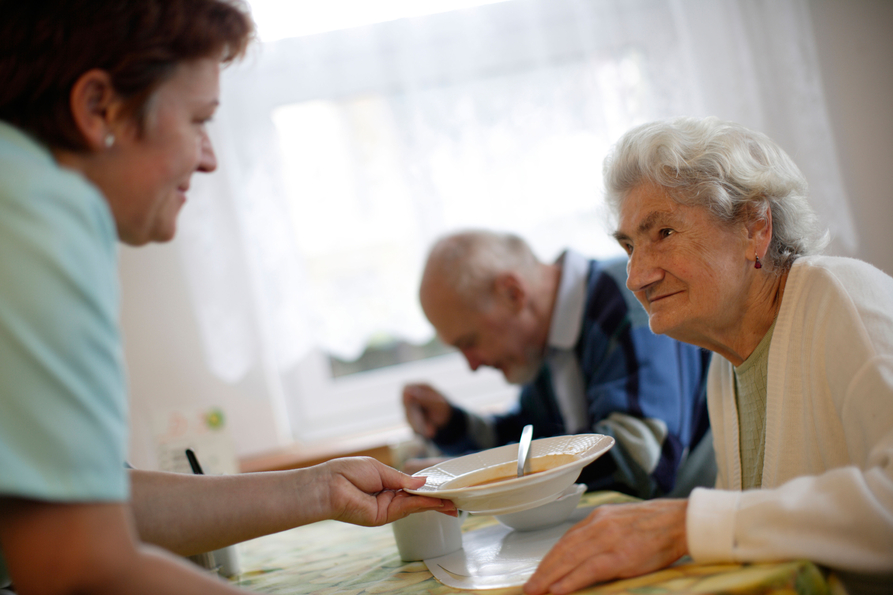There has been a stark increase in the number of people dying at home during the pandemic, with a shift in where much of our health and care services are delivered, and many people steering clear of healthcare settings amid fear of Covid-19 infection. It is an issue we have been following closely, and we believe it is one of the biggest health challenges emerging from the pandemic.
We have heard from hospice and other palliative care staff of the “sheer amount of death” they’ve witnessed, and the huge strain and stress on staff, services and families. Yet it is clear that while hospices and other providers across the UK have gone above and beyond to try and meet the increase in demand by adapting their services, the systems and capacity in place to ensure people get the care they need in the community are falling short of the mark, with thousands of people forced to rely on loves ones to care for them.
People are dying without the vital support they need, with Hospice UK’s Dying Matters campaign estimating that 67,000 people could have missed out on the expert palliative care they required, including adequate pain relief and symptom control, between March 2020 and December 2021.
We are not here to criticise the health and care staff whose dedication and professionalism has shone through in the past two years. We are here to say that we believe those staff need more support and more training so that everyone gets the care they need as they approach the end of their life. Crucially, community capacity and expertise is needed to support those dying at home – especially since this is a trend which isn’t going away.


Worryingly, little is known about what has happened behind closed doors to those spending their last days at home – a matter we believe needs urgent attention so we can support the end of life care system to respond.
We need a better understanding of the care and support patients, and their loved ones, have received, so that the current systems can be changed and adapted to meet the needs of the population – now and into the future, especially as the NHS evolves and its structures change. It is therefore concerning that the UK Covid-19 Public Inquiry is currently not set to investigate the rise of deaths at home.
With an ageing population with increasingly complex illnesses, demand for expert palliative care is just set to increase. And while the recent amendment to the Health and Care Bill, making it a legal requirement for those who lead our healthcare system to consider people’s palliative care needs, is a very welcome move, we now need to turn legislation into real change.
In order to ensure the demand for more palliative care at home is met, better integrated care between community health and care services is crucial, while taking into account the experiences of those whose loved ones have died at home. Vital lessons need to be learned from the experiences of people dying at home to uncover crucial information so that people are better supported at the end of life.
This Dying Matters Awareness Week (2-6 May), we are asking people to share their stories so we can better understand the challenges facing the thousands of families who’ve cared for a loved one at home, as well as urging them to write to their MP to call for change.
We’ve been encouraged by the interest and support of colleagues across Westminster and the devolved administrations, and we look forward to working with them so that in future, everyone can die #InAGoodPlace.












